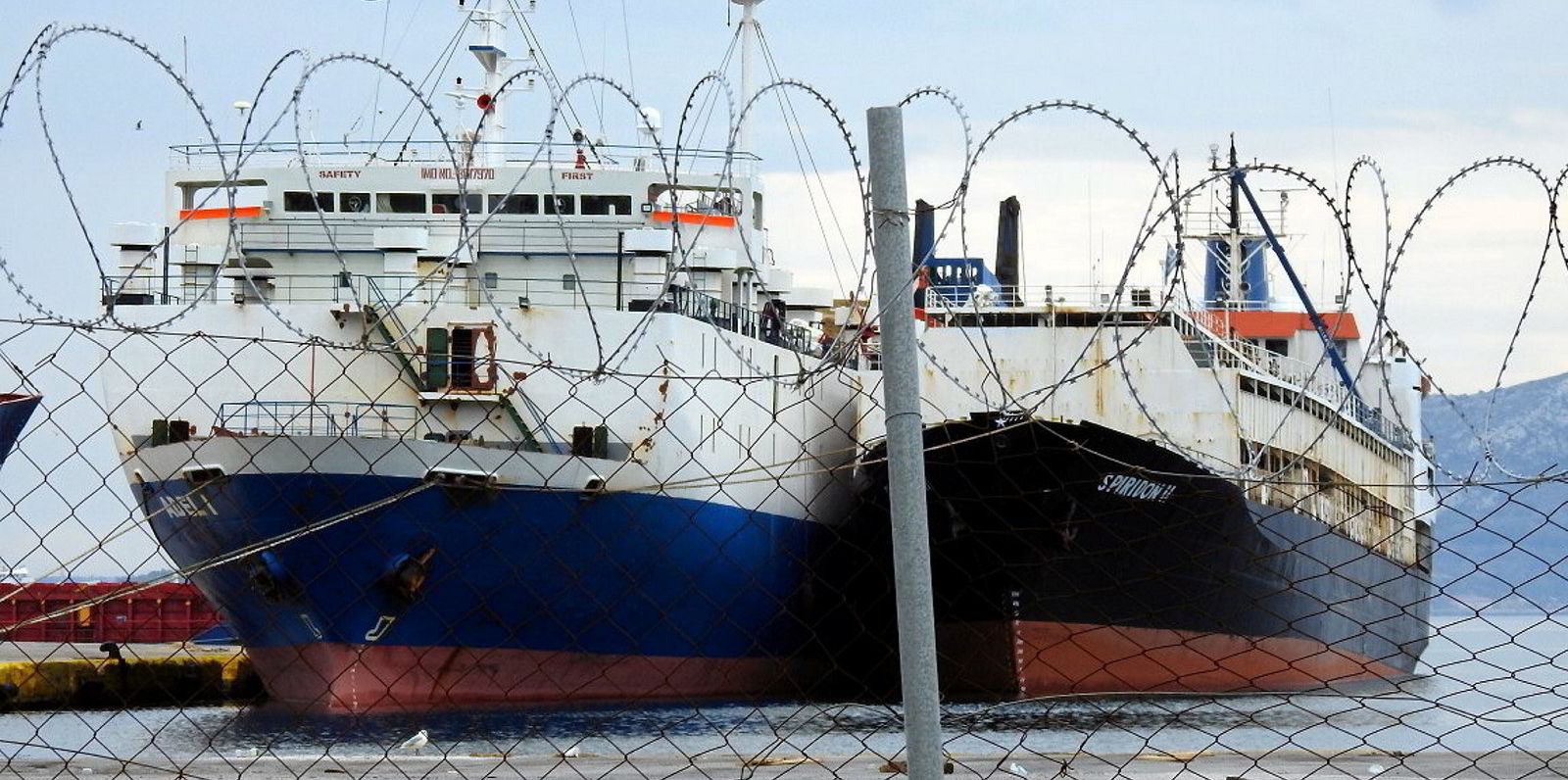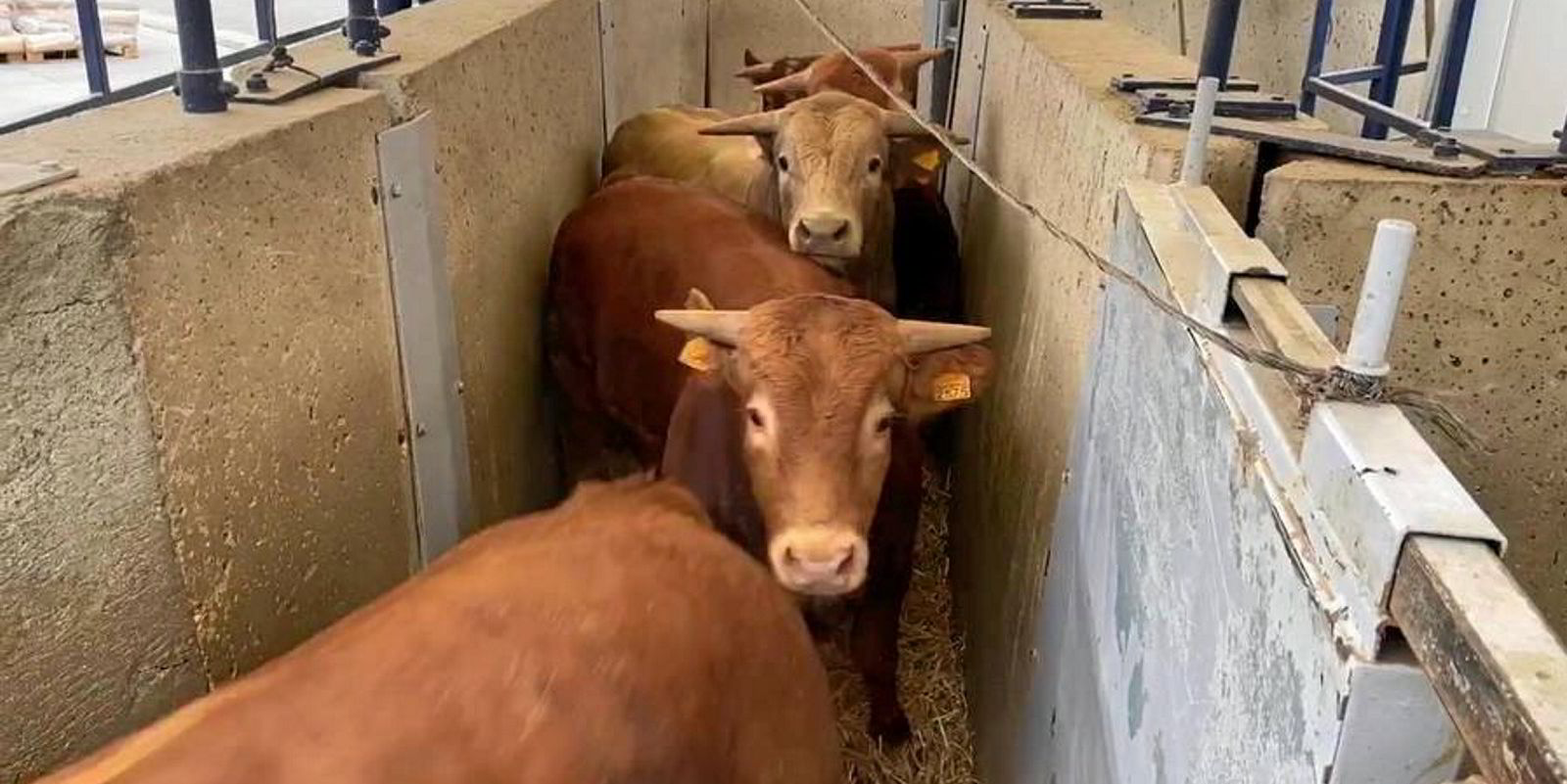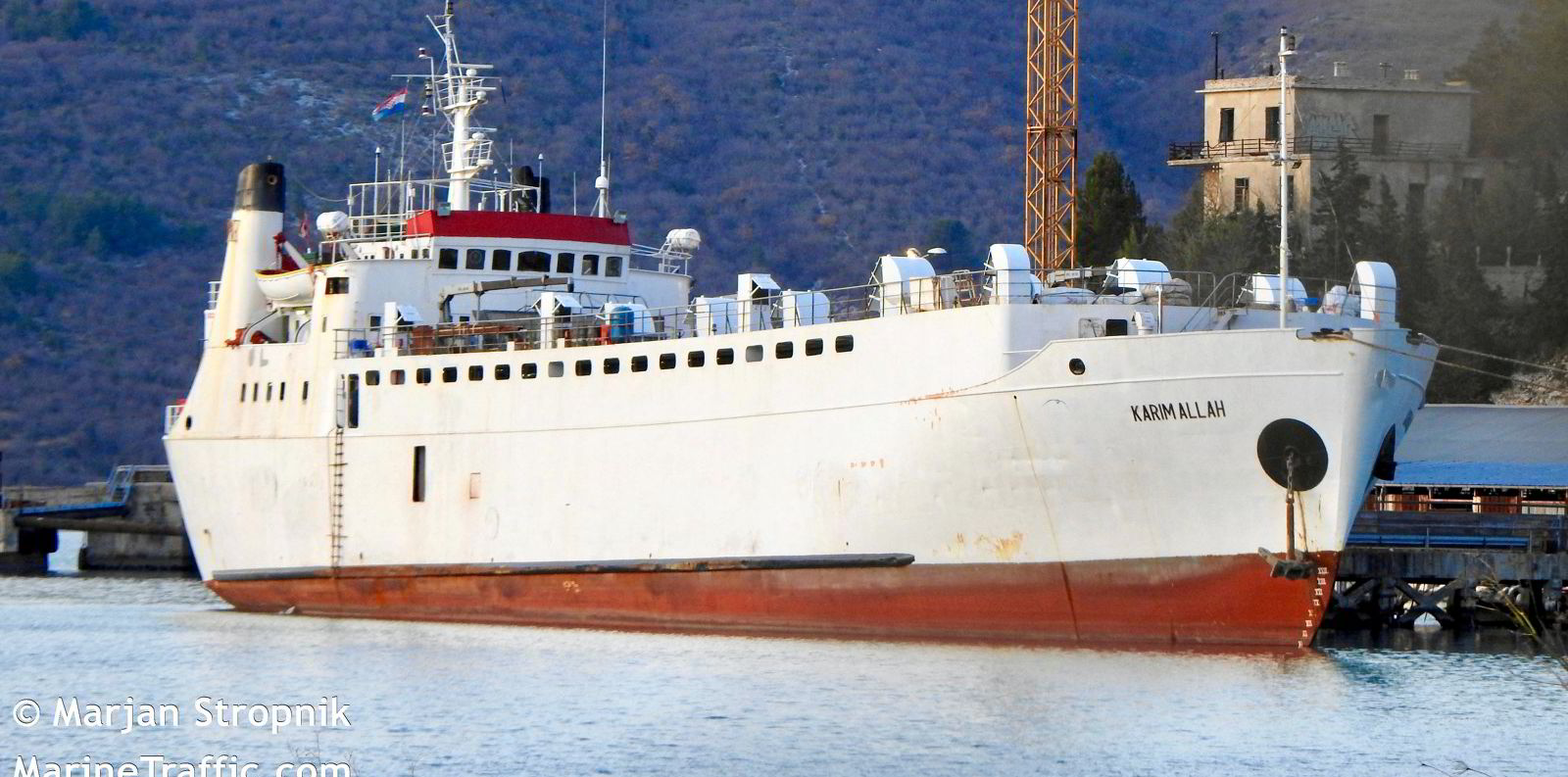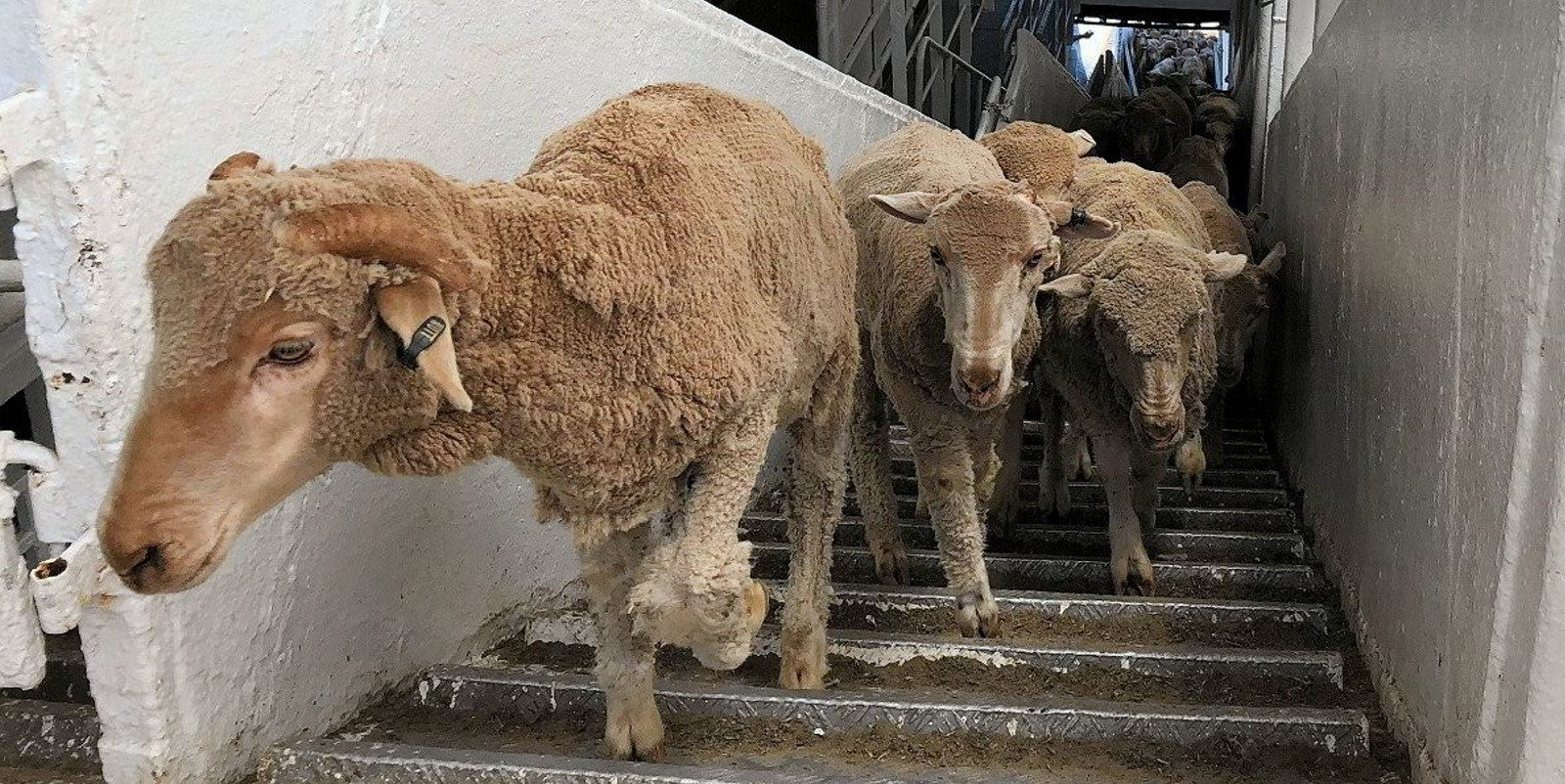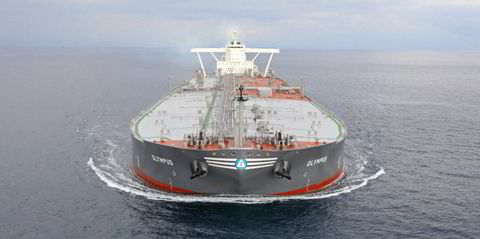Animal welfare charities have called for stiffer European legislation on the carriage of livestock at sea after a 49-year-old vessel broke down in the Mediterranean and required a ship-to-ship transfer of nearly 8,000 animals.
The 4,054-dwt livestock carrier Spiridon II (built 1973), with 300 young bulls and 7,600 sheep on board, encountered engine problems four days after leaving the port of Tarragona in Spain on 23 February en route to Aqaba in Jordan, the charities said.
Animal Welfare Foundation (AWF), Compassion in World Farming (CIWF) and Animals International said that as the creatures were declared “export animals”, they could not re-enter the European Union.
As a result, the Spiridon ll was brought to Eleusis, near Athens, on 4 March and the animals were loaded directly via a ramp onto another livestock carrier, the 3,363-dwt Adel I (built 1981).
The Adel 1 unloaded the animals in Jordan on 9 March before heading to Tarragona where it arrived on 22 March, according to the AWF.
The Togo-flag former cargo ship Spiridon ll, which was converted into a livestock carrier in 2011, is registered by Equasis to JMR Shipping in Honduras, with an ISM manager of Murr Management based in Lebanon. Equasis shows it is on the Paris and Tokyo MOU flag blacklists for inspections.
The Jamaica-flag former car carrier Adel I was converted into a livestock carrier in 2017 and is registered to Scandinavian Shipping & Trading and managed by Livestock Express Corp, both of which are based in Lebanon. It is on the Tokyo blacklist.
Both vessels are approved as livestock carriers by the EU for flag and owners, but none of the registered owners or managers could be tracked down by internet searches for TradeWinds to seek comment.
The AWF, which is critical of live exports at sea, said it is unclear whether the animals were fit to continue the journey to Jordan after 10 days on board.
Veterinarian and AWF project manager Maria Boada-Sana said livestock carriers operating in the EU that were converted from car ferries or cargo ships should have been scrapped when they were too obsolete to continue in their former roles.
“They are ancient vessels, operating under suspicious flags, and are poorly designed and maintained. These vessels pose many risks for the safety of the animals, the crew and the environment,” she said.
Lengthy journeys involving the livestock carriers Karim Allah and Elbeik in early 2021 led to 2,600 calves and cattle having to be slaughtered.
Authorities in Spain, where the Lebanese-managed 2,900-gt Elbeik (built 1967) started a three-month journey, accepted the ship’s return after Greek officials barred it from entry.
The 2,587-gt Karim Allah (built 1965) was another Lebanese-managed livestock carrier that had to return to Spain after failing to find buyers for potentially diseased cattle.
Olga Kikou, head of CIWF in the EU, said European regulations and legislation do not ensure real protection of animals during sea transport.
“The horrendous suffering that animals endure during live exports and the all too frequent mechanical problems of the vessels cannot go unnoticed. We urge the EU Commission to take immediate action on this matter,” she said.
“The current revision of the EU’s animal welfare rules presents the perfect opportunity to ban this cruelty.”
A European Parliament Committee of Inquiry on the Protection of Animals during Transport led to a vote in January 2022 calling for measures enabling a shift to a meat, carcasses and genetic material trade to replace the sea transport of live animals.
It also urged the European Commission to improve and clarify the provisions on maritime transport, in particular the authorisation process to establish a clear chain of responsibility and communication between farmers, transporters and veterinarians.
Reputable livestock carriers such as Vroon’s Livestock Express and Australia’s Wellard have previously told TradeWinds magazine TW+ that cattle can be transported safely and humanely by sea in a sustainable manner if modern, purpose-built ships are operated under a strict global regulatory framework.
There were around 170 livestock carriers worldwide in late 2021 with an average age of 36 years, spread widely between a large number of small owners, most with between one and three ships. More than 75% of the vessels were above the 30-year mark.

